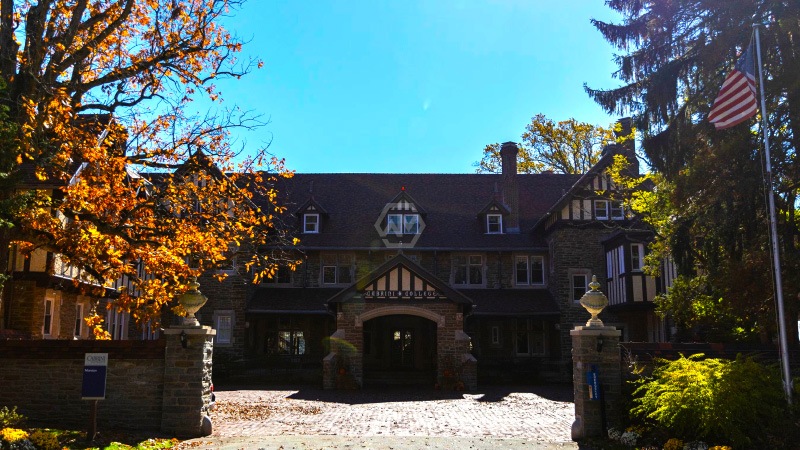Following months of uncertainty and a fruitless search for a partner, little Roman Catholic university Cabrini University in Pennsylvania is about to close.
Next May, when the university’s final class graduates, it will have one last year before it formally closes and turns over its campus to Villanova University, another in-state Catholic university.
Cabrini University
Since at least last autumn, Cabrini had been looking for a spouse. Approximately 1,500 students were enrolled at the institution in the autumn of 2022, down from 1,760 in the autumn of 2019.
Due to these difficulties, programs had to be changed and 46 employees were reduced in 2021 in addition to other cutbacks the previous year. Cabrini was operating at a $5 to $6 million deficit on its $45 million budget at the time of the 2022 layoffs.
- University graduates, the final year before closing, turn campus to Villanova.
- Cabrini faces a budget deficit, 46 employees reduced, and 2022 layoffs.
- Cabrini University closure, lands to be renamed “Cabrini Campus at Villanova University”.
When Cabrini University closes its doors the following year, Villanova University will take over its campus. A memorandum of understanding that will enable them to proceed as negotiations continue has been accepted by the boards of Villanova and Cabrini universities.
The lands will be referred to as “Cabrini Campus at Villanova University” or something like keeping the Cabrini name alive in some form. On the same day that King’s College in New York’s board vowed to update its community about its financial challenges, which have raised concerns about the college’s future, Cabrini University announced its closure.
The institution has managed to stay afloat thanks to a $2 million loan from wealthy Canadian businessman Peter Chung, who is likely responsible for the college’s instability due to a relationship in which he promised and failed to deliver thousands of online students.
The King’s College’s leaders have stated a desire to join with another university, although negotiations have not yet produced a potential partner. The King’s College Board of Trustees has provided very little to no fresh information regarding the college’s future.
When the autumn semester starts, there is no guarantee that TKC employees will have jobs, and some people fear that many faculty members may never again be able to teach full-time as a result of King’s closure.



